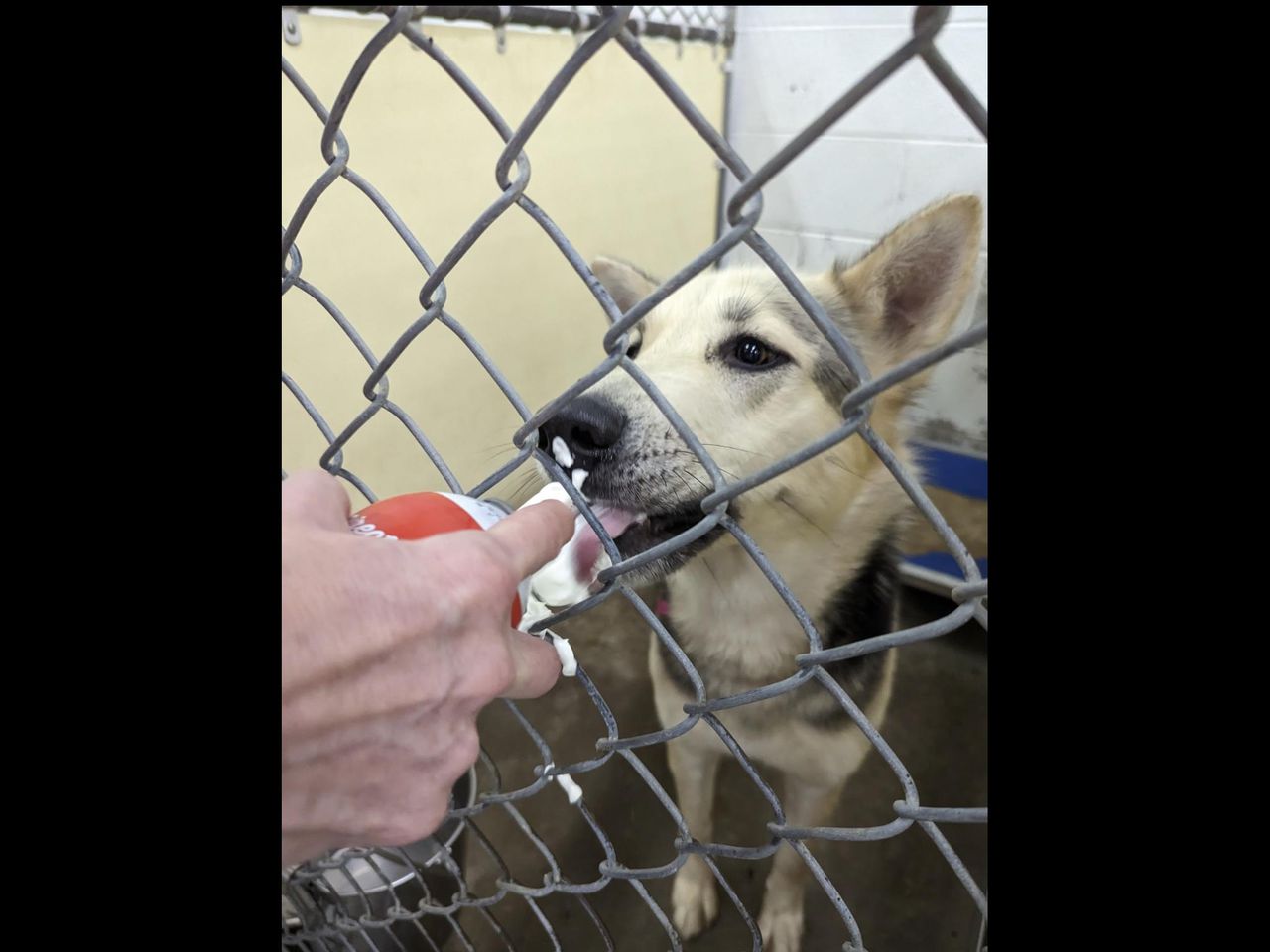Shelby County Humane Society mulling over shelter’s no-kill status
The Shelby County Humane Society is reconsidering its status as a no-kill shelter as its Columbiana facility is over capacity and dozens of dogs have been waiting nearly 200 days for a forever home.
“We are not changing our desire or hope to maintain our no-kill status,” said Jackie Hale, vice president of the humane society’s board, in an interview with AL.com. “We’re not giving up on remaining a no-kill shelter.”
Shelters are designated as no-kill facilities if they have at least a 90 percent live release rate, meaning at least nine out of 10 shelter animals are either transported to a new home or released to a rescue group.
The Shelby County Humane Society has boasted a 97 percent live release rate since 2020, but a lack of space is endangering the facility of falling below the 90 percent threshold, Hale said.
No-kill shelters are usually more attractive to donors and grant makers, she said.
Under the shelter’s current policy, dogs are considered candidates for euthanasia if they have severe medical or health problems that are untreatable given the facility’s resources.
Dogs with a bite history are also candidates in accordance with state law, along with those who are aggressive toward people or other dogs and the behavior can’t be corrected.
The policy does not factor in overcrowding, but the shelter is mulling over that stance.
Since 2020, when the facility began its no-kill status, the humane society’s Columbiana shelter has had 218 dogs and cats in 166 kennels. The shelter’s suggested capacity is 136 animals.
Nearly 60 dogs have been in the shelter’s care for more than 180 days and 13 have been there for more than 300 days, Hale said.
One dog has been at the shelter for more than 530 days, with only one person having looked at the pooch for potential adoption during that time.
“That’s a long time to be cooped up in a kennel,” Hale said of the dogs with at least 180 days at the shelter.
“Some of them are not healthy,” she said. “If we’re just holding them, if no one wants them, then the more humane thing is to put them to sleep.”
Hale said the shelter has noticed the psychological toll taken on the facility’s longer-term residents. Some of the dogs develop “kennel psychosis,” she said, and suffer from depression and sometimes stop eating, causing them to lose weight.
The average length of an animal’s length of stay at the shelter is 75 days. The facility hopes to cut that time in half.
“We are just now on the cusp of heading into puppy and kitten season. If we are this overcrowded today, there’s no telling what it’ll look like in May or June,” Hale said.
Much of the overcrowding problem is believed to be due to the economy and the rising cost of veterinary care and dog food, Hale said. There is also a lack of affordable, pet-friendly housing in the area.
The shelter’s struggle to remain a no-kill facility is more due to space than funding.
Constructed in Columbiana in the 1970s, when it first operated as the Shelby County dog pound, the site has no room for additional space on the property.
“We have a dream of having a separate adoption center,” Hale said. “We are keeping our eye out and in the market for an additional facility to allow us to use the Columbiana facility as an intake facility and have another for the adoption center.”
